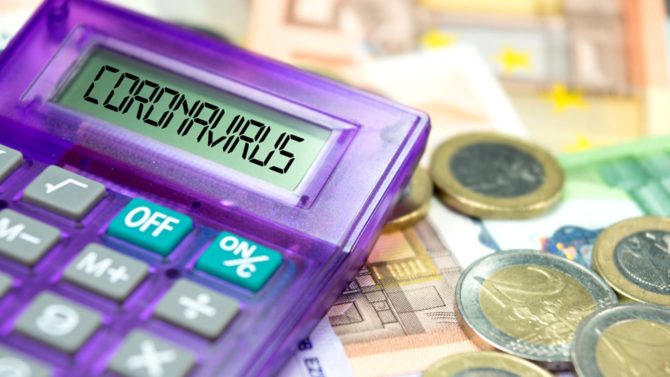What impact has Covid-19 had on French currency transfers?

Exchange rates have been rocked by the pandemic, so how can you protect your money?

Laura Parsons of currency provider TorFX shares her expertise on protecting currency transfers during the pandemic.
Market movements
Concerns for the global economic outlook and fears over how long lockdowns could be in place (coupled with aggressive action from central banks) conspired to send safe-haven currencies soaring and riskier currencies tumblin over the past six months.
As a result the US dollar stormed higher, while currencies like the pound and euro had a much rougher ride. The pound experienced particularly volatile trading, with GBP/EUR plummeting from €1.20 to €1.06 within a matter of weeks. GBP/USD, meanwhile, dropped to a 35-year low of $1.14. The 14 cent slide in GBP/EUR had a significant impact on currency transfers to and from the eurozone, with a £150,000 transfer worth €21,000 less in March than it was in February.
According to Nigel Fox, Managing Director of currency provider TorFX: “The movements were the most dramatic we’ve seen since the UK voted to exit the EU in 2016, and we saw a spike in trading volumes off the back of the volatility.
“In fact, March became our busiest month since the company was founded in 2004. However, the market stabilised in April, with the pound recovering much (but not all) of its losses. Towards the end of the month risk appetite improved as many of the worst-affected European nations prepared to gradually reopen their economies.”
What next for exchange rates?
While GBP/EUR has moved away from its worst levels, the pairing is still only trading in the region of €1.11* (down 9 cents from 2020’s highs). Although easing lockdown restrictions and reopening economies have provided some cause for confidence, the knowledge that the road back to ‘normality’ will be a long and difficult one is capping the pound’s potential for gains.
The prospect of a second peak and a return to full lockdown is also an ever-present worry, and Brexit is still looming. As it stands the UK is refusing to contemplate an extension to the current Brexit timeline – despite a lack of deal – so a no-deal exit could dominate the end of the year.
Additionally, the Bank of England (BoE) isn’t ruling out negative interest rates. The central bank taking this course of action would apply further pressure to GBP.
All things considered, the pound’s return to pre-pandemic levels is likely to be a long way off, and we can’t rule out the possibility that the currency could experience another dramatic slide.
Protecting your currency transfers
If you need to move money to or from France, all the uncertainty can make it very difficult to pick the best time to do so. Should you make your transfer now, during a period of relative calm, or do you waitand hope that the exchange rate will improve over time?
In the current climate, discussing your options with a specialist currency provider could be particularly useful. As currency experts they can provide you with all the insights and tools you need to make an informed decision about your currency transfers.
Some will keep you up to date with the latest exchange rate news, taking the hassle out of monitoring the currency market. They may even be able to offer you services like rate alerts, where you set the target rate you want to achieve and they let you know by text or email as soon as the market moves to that level.
Know your spots from your forwards
With some banks and currency providers, your only option for sending money abroad is to use something called a ‘spot contract’. With a spot contract your currency is transferred ‘on the spot’. This basically means your transfer will be made as quickly as possible at the current exchange rate.
However, other currency specialists provide a variety of services which give you more flexibility. With a ‘forward contract’, for example, you can fix an exchange rate for up to two years in advance of making a transfer.
Fixing a rate in this way means you can secure a rate and know that the amount of money you’ll receive for your transfer won’t change, no matter how much the currency market moves in the meantime. While you would miss out if the exchange rate strengthened, you’d be protected from a sudden drop in the rate.
Similarly, you can use something called a ‘stop loss order’ to set a worst-case rate for your currency transfer. This gives you the option to wait for the exchange rate to improve while knowing that your transfer will be triggered automatically if the exchange rate spirals unexpectedly, protecting you from a particularly sharp decline.
You can also set a target exchange rate higher than the current market level with a ‘limit order’, with your transfer taking place automatically if that rate is hit.
_________________________________________________________
If you found this helpful, you might also like:
Has my tax status changed because of Covid-19?
French fixed-term mortgage loans and where to find the lowest rates
_________________________________________________________
Share to: Facebook Twitter LinkedIn Email


